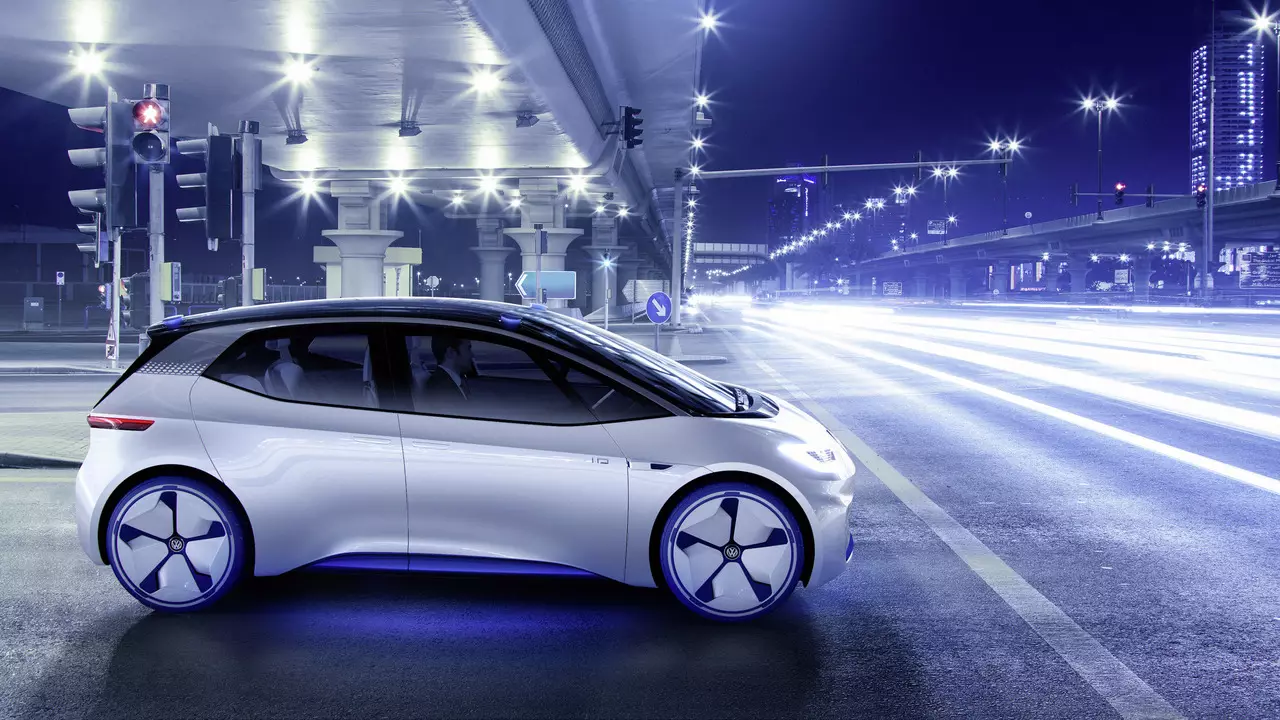Not many weeks ago, France announced its intentions to ban the sale of new cars with petrol and diesel engines from 2040. Today, the United Kingdom is putting forward a similar proposal, aimed at the same year. Germany, Europe's biggest car market, and the home of the world's biggest manufacturer, doesn't want to wait that long, pointing to the year 2030. And the Netherlands has gone even further, putting 2025 as the abrupt transition point , so that only “zero emissions” cars are sold.
In either case, these are measures included in a more general plan to reduce CO2 emissions in the aforementioned countries, as well as combating the growing pollution of the main urban centers, where there has been a progressive deterioration in the quality of the air.
However, these plans leave more questions than answers. Is it only allowed to sell 100% electric vehicles, or vehicles that allow electric travel, such as plug-in hybrids? And how to deal with heavy vehicles? Is such an abrupt transition to industry economically viable? And will the market be ready for this change?
Even having as a reference only the year 2040, that is, just over 20 years in the future - the equivalent of three generations of cars -, it is expected that the technology for electric vehicles has evolved significantly, especially with regard to storage and loading. But will it be enough to become the car's only means of propulsion?
Manufacturers' forecasts reveal much more modest numbers
The European Union already has plans underway to attack emissions – the next step is already in 2021, when the average emissions of manufacturers will have to be only 95 g/km of CO2 – which presumably obliges a growing electrification of the automotive powertrain. But despite the pressure it places on car manufacturers, forcing them to simultaneously invest in two different types of engines – internal combustion and electric –, there is still a transition path. This allows for a progressive adaptation, both by manufacturers and by the market, to this new reality.

Even manufacturers' boldest plans reveal how the path to electric-only mobility will take its time. The Volkswagen Group has announced that it intends to launch 30 electric vehicles by 2025, resulting in the sale of one million “zero emission” vehicles per year. It may sound like a lot, but it amounts to just 10% of the group's total production. And the numbers put forward by other manufacturers reveal values that range between 10 and 25% of its total production that will be dedicated to 100% electric vehicles over the next decade.
Appeal to the wallet, not the environmental conscience
The market is not prepared for a transition of this magnitude either. Despite growing sales of zero-emission vehicles, and even adding plug-in hybrids to the mix, these models accounted for just 1.5% of all new cars sold in Europe last year. It is true that the number tends to grow, even if only because of the flood of proposals that is to come in the next few years, but will it be possible to go to 100% in two decades?
On the other hand, we have countries like Sweden and Denmark where a significant percentage of their car sales are already electric vehicles. But this is only because electric vehicles are generously subsidized. In other words, the success of zero-emission vehicles is more a matter of convenience than a real environmental concern.
Take the case of Denmark, which presents itself as one of the European countries with the most expensive cars, due to the taxation applied to the car – 180% import tax. Rate that electric vehicles were exempt, which allowed for much more advantageous purchase prices. The country had already announced that these benefits would be progressively withdrawn and the results are already visible: in the first quarter of 2017 sales of electric and plug-in hybrid cars fell by 61%, despite the Danish market being growing.
Cost parity between an electric car and a car with an equivalent internal combustion engine will happen, but it will take many years. Until then, governments would have to sacrifice tax revenue to increase sales of electric vehicles. Will they be willing to do so?
